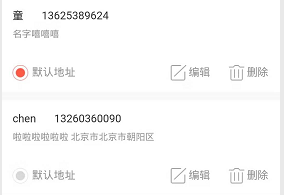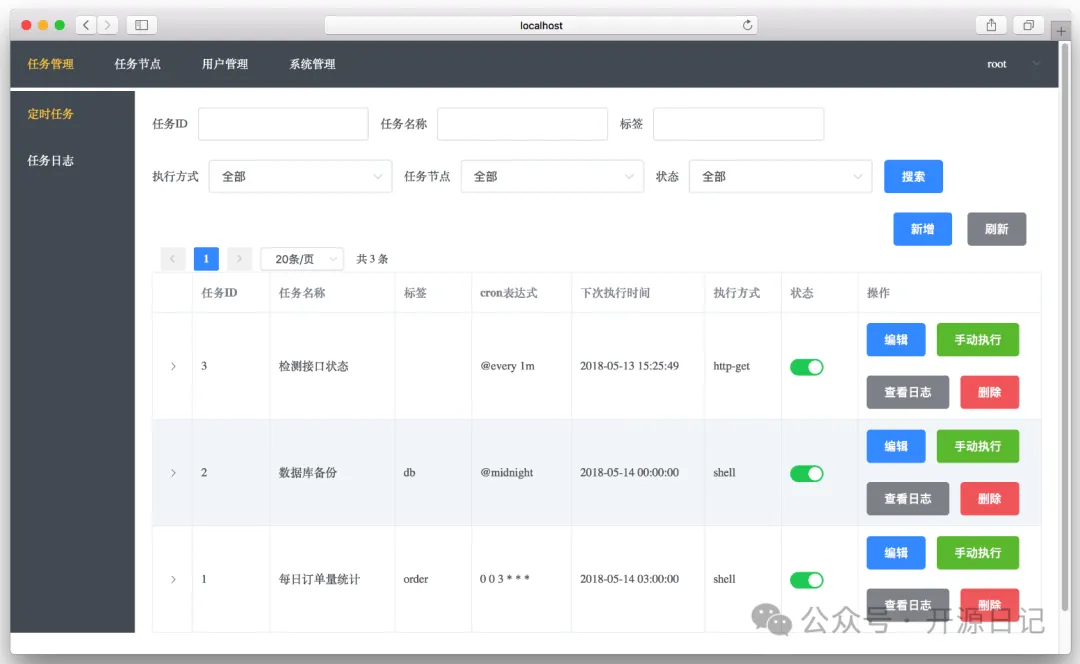目录
一,json.load()和json.dump只要用于读写json数据
1json.load()
从文件中读取json字符串
with open(\'data.json\',\'r\',encoding=\'utf-8\') as f print(json.load(f))
2json.dump()
将json字符串写入到文件中
content=\"{\'name\':\'zhangsan\',\'age\':18}\"
with open(\'text.json\',\'w\',encoding=\'utf-8\') as f:
json.dump(content,f)
二,json.loads和json.dumps主要用于字符串和字典之间的类型转换
3json.loads()
将json字符串转换成字典类型
content=\"{\'name\':\'zhangsan\',\'age\':18}\"
json.loads(content)
3json.dumps()
将字典类型转换成json字符串
content={\'name\':\'zhangsan\',\'age\':18}#假设这个是python定义的字典
三,练习
编写单词查询系统:

1编写一个json格式的文件
{
\"one\": [\"数字1\"],
\"two\": [\"数字2\"],
\"too\": [\"太\",\"也\",\"非常\"]
}
2编写python方法
import json from difflib import get_close_matches data = json.load(open(\"data.json\",\"r\",encoding=\"utf-8\")) def translate(word): word = word.lower() if word in data: return data[word] elif len(get_close_matches(word,data.keys(),cutoff=0.5)) > 0: yes_no = input(\"你要查询的是不是%s?,请输入yes或no:\"%get_close_matches(word,data.keys(),cutoff=0.5)) yes_no = yes_no.lower() if yes_no == \"yes\": return data[get_close_matches(word,data.keys(),cutoff=0.5)[0]] else: return \"你要查找的内容库里没有\" word = input(\"请输入你要查询的单词\") output = translate(word) if type(output) == list: for item in output: print(item) else: print(output)
© 版权声明
THE END










暂无评论内容